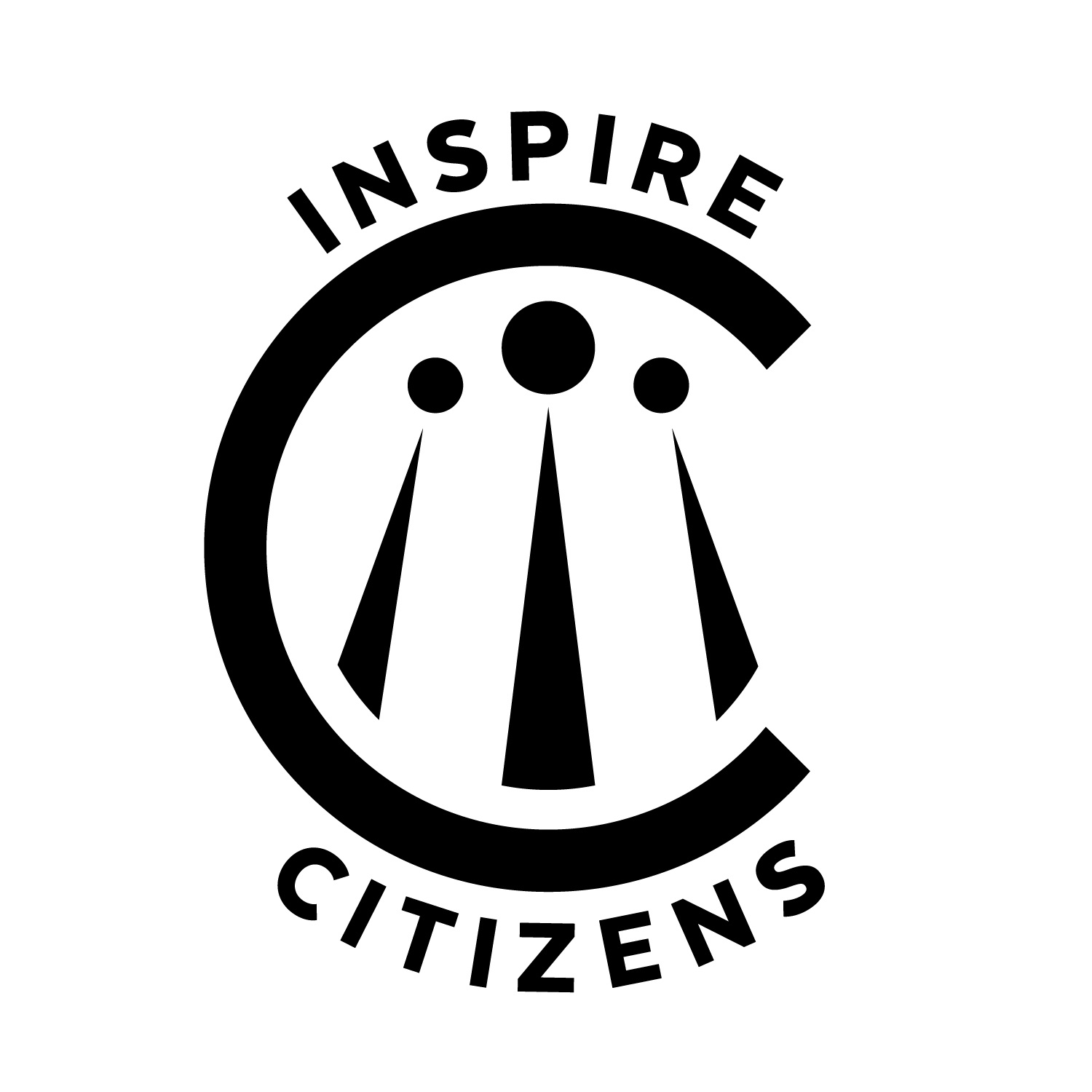How a Passionate Educator has been Inspired by the Global Citizenship Certificate
Dom Verwey is the Service Leadership Program Developer, TOK educator and Online Learning Student Advocate for the American International School of Budapest. This photo was taken at the Dachstein Glacier in Austria.
Educator Dom Verwey remembers the moment of clarity as it came to him. It unlocked a resolve for him to adjust his stance as a master teacher who prioritizes pursuing sustainability and positive impacts alongside his students.
“Futures Thinking. It was a lightbulb moment,” says Dom definitively. “We have far more control over the future than what we might think.”
Dom encountered the concept of Futures Thinking as part of the Global Citizenship Certificate (GCC) program developed by Inspire Citizens, a leading provider of support for educators seeking to enhance a student-centered approach.
“Humans sometimes struggle to see the greater reach of their impact,” says Dom. And he is won over to the firm belief that “we get to decide” and co-create the future alongside our students.
Dom loves to elevate student voice and choice in his work as an educator. He credits the generous encouragement of his colleague and Principal at the American International School of Budapest, Graham Maclure. Further, Dom has found powerful thought partners in key Inspire Citizens course facilitators like Scott Jamieson, and several peers participating in the GCC program.
“It’s more than something you sign up for,” Dom insists. “Teaching in this way - as a person who cares so deeply about the world, its sustainability, and a hopeful future - needs to be central in your practice. Then the GCC courses resonate deeply and give you tools to use with students.”
The cohort of inspired educators that Dom is part of is now embarking on the second stage of a learning journey that builds upon the “why” focus of GCC Course 1. Course 2, which started before the December holiday and runs until spring, unlocks the collaborative energy that is possible when knowledgeable and passionate educators ideate around “how” to empower students.
Dom is a committed proponent of the positive outcomes that emerge from deep professional learning opportunities. In fact, the leadership competencies acquired through these efforts work counterintuitively to what one might expect, shifting one’s self-image, “from expert to along-sider,” he says.
It is in this paradigm, Dom insists, that master teachers invite impactful involvement from young people in their learning experiences. “Student voices should not be limited to just asking questions,” he explains, advocating for a more investigative approach to teaching and learning.
Dom points to Assets Mapping, another GCC tool, as a powerful way to coach and engage students. “It’s a nice, digestible way to see community assets,” he says. “Our Middle School students were introduced to assets-based service models at our middle school Changemaker Conference last year, and it really opened their eyes to new ways of thinking.”
The shifted perspective of seeing partner communities through positive lenses moves the needle on empathy far beyond traditional models of service and global citizenship education.
“In a busy world, we can get confused and forget about our ‘why’ as teachers,” says Dom, reflecting on why educators may be tempted to fall back on well-worn models of service in the classroom. “The GCC has been important in anchoring me to my ‘why’…. It is grounding me and moving my practice forward.”
In a world that, some days, feels dominated by political and environmental entropy, it is critical to have positive and intentional educational leaders like Dom promoting empowerment to our future leaders.
A Community Assets Map graphic that Dom created for a Global Citizenship Certificate module.


